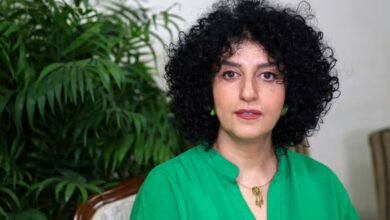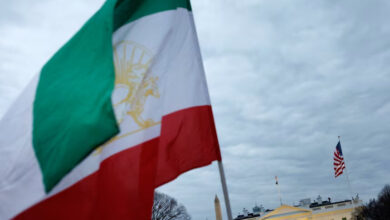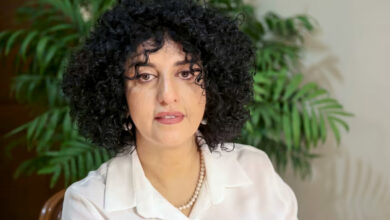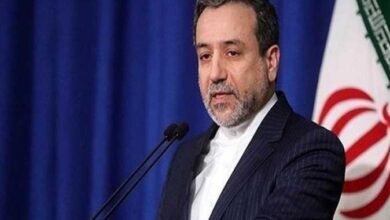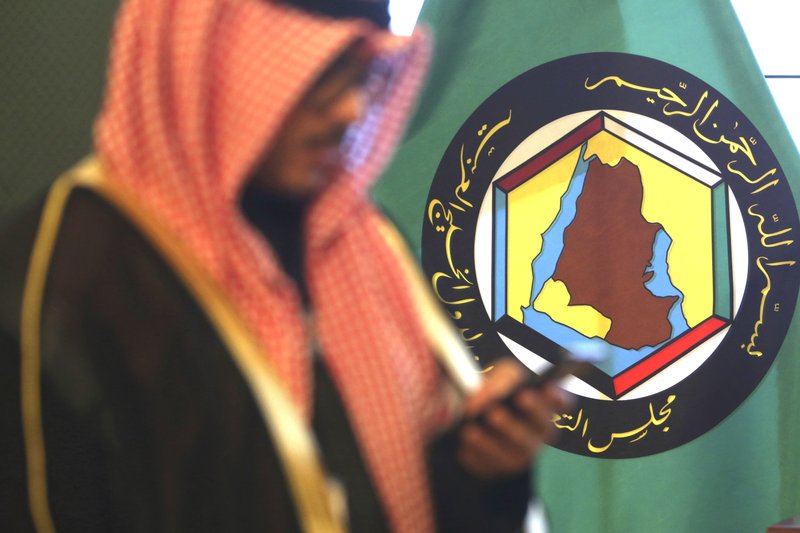
DUBAI, United Arab Emirates (AP) — A six-nation bloc of Gulf Arab nations torn apart by internal strife endorsed an extension of a United Nations arms embargo on Iran, just two months before it is set to expire.
The Gulf Cooperation Council on Sunday sent a letter to the UN Security Council backing an extension of an arms embargo that’s kept Iran from purchasing foreign-made weapons like fighter jets, tanks and warships.
The GCC — comprised of Bahrain, Kuwait, Oman, Qatar, Saudi Arabia and the United Arab Emirates — alleged Iran had “not ceased or desisted from armed interventions in neighboring countries, directly and through organizations and movements armed and trained by Iran.”
A Saudi-led coalition continues to battle Yemen’s Houthi rebels, whom the UN, the US and armament experts have accused of receiving arms from Iran. Tehran denies arming the Houthis, even as Iranian armaments and components have repeatedly turned up in Yemen.
The letter also said Iran arms Hezbollah fighters in Lebanon and Syria and allegedly provides weapons to Shia militias in Iraq and “terrorist groups” in Bahrain, Kuwait and Saudi Arabia.
“UN restrictions establish a consensus understanding of the threat to peace and stability Iranian proliferation represents,” the GCC said in the letter signed by General-Secretary Nayef al-Hajraf on behalf of the bloc.
Iran’s Foreign Ministry spokesman Abbas Mousavi condemned the GCC letter and called it an “irresponsible” statement that serves US interests, Iranian state TV reported.
Mousavi also criticized the Gulf Arab countries for being “among the largest arms buyers in the region and the world,” even amid the economic downturn caused by the coronavirus pandemic.
The UN banned Iran from buying major foreign weapon systems in 2010 amid tensions over its nuclear program. That blocked Iran from replacing its aging equipment, much of which had been purchased by the shah before the 1979 Islamic Revolution. An earlier embargo targeted Iranian arms exports.
Iran’s 2015 nuclear deal saw the UN agree to sunset the arms embargo this October. President Donald Trump unilaterally withdrew America from the deal in 2018, part of a maximum pressure campaign that’s hurt Iran’s already-ailing economy and led to a series of escalating incidents in the Mideast.
The GCC letter also mentioned Iran’s shootdown of a Ukrainian passenger plane in January and its navy accidentally killing 19 sailors in a missile strike during an exercise. Iran also is suspected of launching a September attack on the heart of Saudi Arabia’s oil industry, though Tehran denies that.
That the GCC offered a unified statement on Iran comes as it remains torn by the ongoing Qatar crisis, which saw Bahrain, Egypt, Saudi Arabia and the Emirates cut diplomatic ties and launch a boycott of the nation beginning in 2017. Kuwait has sought to mediate the crisis, though its 91-year-old emir now is hospitalized in the US suffering from an undisclosed ailment.
Amid the crisis, Qatar has had warmer ties with Iran and used its airspace while sharing a vast offshore oil and gas field with Tehran. The small nation is home to the massive Al-Udeid Air Base, home to the forward headquarters of the US military’s Central Command. Oman, which saw its long-serving sultan die earlier this year, long has had close ties to Iran and has served as an interlocutor between Tehran and the West.
Bahrain, Saudi Arabia and the Emirates long have viewed Iran far more suspiciously, accusing it of stirring up dissent among Shiite populations in the region.
The unified GCC statement comes after recent visits by outgoing US special representative for Iran Brian Hook amid the pandemic. US Secretary of State Mike Pompeo praised the letter early Monday.
“The US will introduce a resolution this week to extend the embargo after years of diplomacy,” Pompeo wrote on Twitter. The Security Council “must choose between arming terrorists or standing by the” GCC.
___
Associated Press writer Amir Vahdat in Tehran, Iran, contributed to this report.
Image: In this Dec. 5, 2017 file photo, a man looks at his mobile phone in front of the flag of the Gulf Cooperation Council, GCC, in Kuwait City. The GCC, a six-nation bloc of Gulf Arab nations torn apart by internal strife, unanimously endorsed on Sunday, Aug. 9, 2020, an extension of a United Nations arms embargo on Iran, just two months before it is set to expire. (AP Photo/Jon Gambrell, File)

